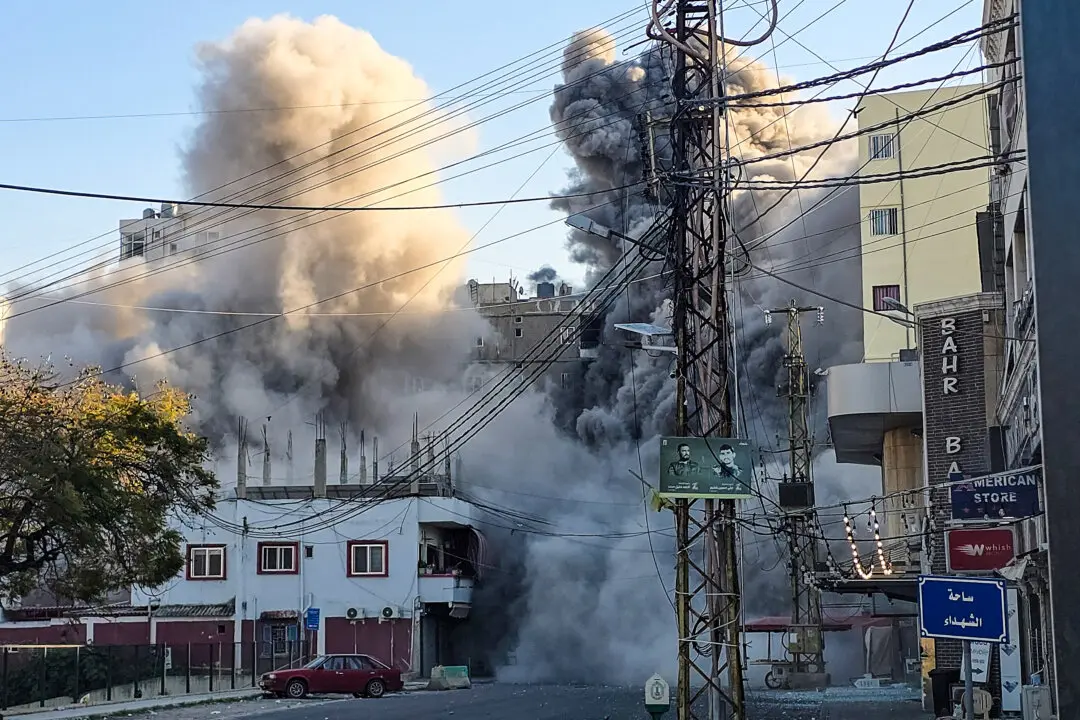Federal aviation regulators on Thursday expanded their warning about 5G services slated to launch in January on new frequencies and said potential interference could impact aircraft safety systems.
In a memo, the Federal Aviation Administration (FAA) issued a “Safety Alert for Operators” that warned (pdf) of “a wide range of other automated safety systems rely on radio altimeter data whose proper function may also be affected.”





